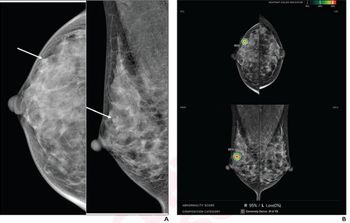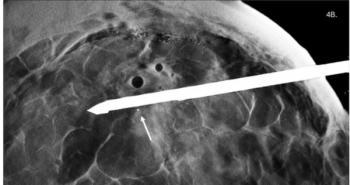
The Reading Room: Data Interoperability's Role in the Pandemic
Matthew Michela, president and chief executive officer of Life Image, discusses the role of data interoperability and accessibility during the pandemic.
This is Episode 2 of The Reading Room, the Diagnostic Imaging podcast. To subscribe, click
According to Matthew Michela, president and chief executive officer of medical image exchange company Life Image, the continued spread of COVID-19 has revealed to many radiology departments the importance of digital image exchange. Those that have not viewed it as a critical priority are nervous about the impact of handling physical media over the long term.
Data Interoperability's Role in the Pandemic
Michela, a 30-year healthcare industry veteran, joins Diagnostic Imaging to discuss how data can improve our understanding of COVID-19, what we have learned from the pandemic, and what best practices facilities can implement to bolster their interoperability and accessibility.
Newsletter
Stay at the forefront of radiology with the Diagnostic Imaging newsletter, delivering the latest news, clinical insights, and imaging advancements for today’s radiologists.














